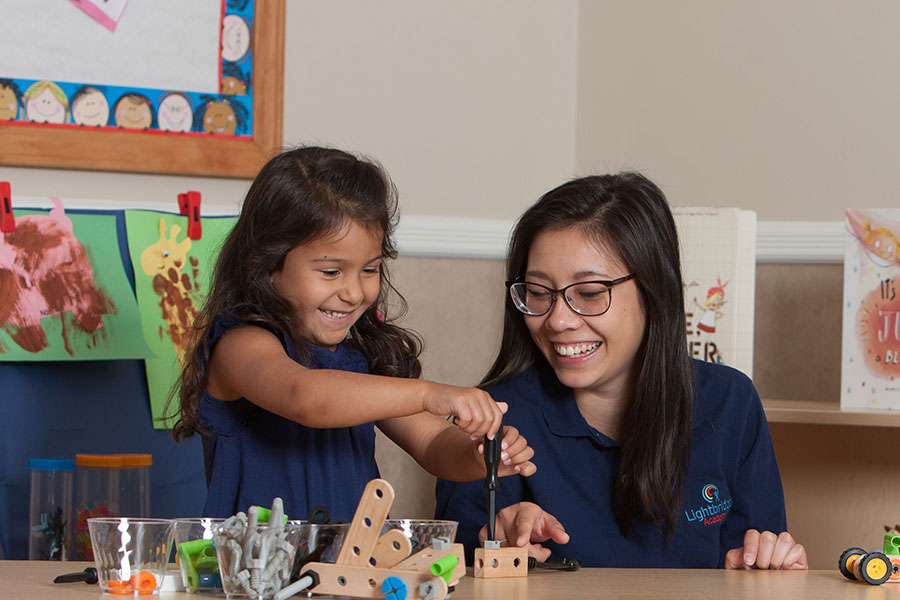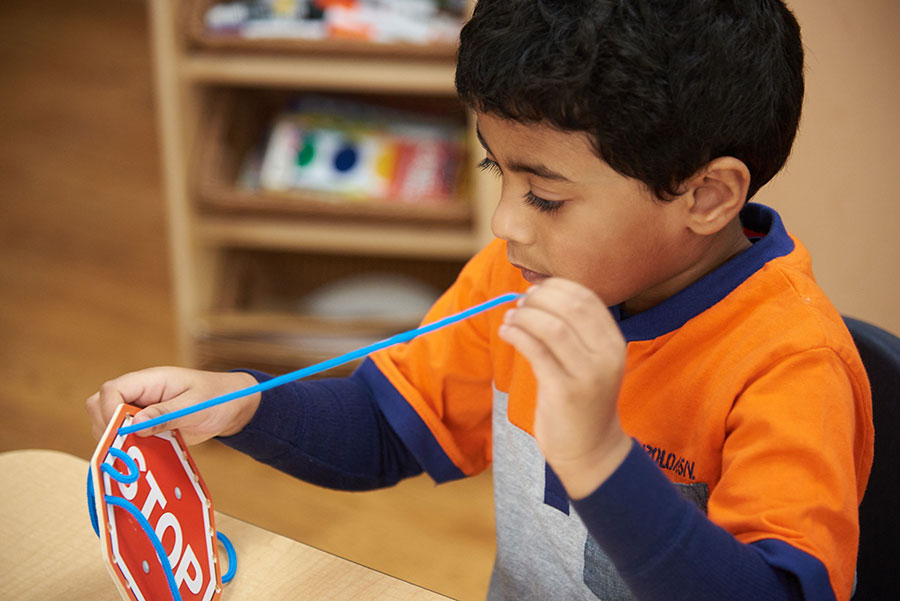Ah, the beautiful chaos of parenthood—where sleepless nights and endless diaper changes are balanced with heart-melting snuggles and sweet baby giggles. If you’re a new parent navigating the uncharted waters of infant care, you’re likely discovering the importance of establishing routines and schedules to bring some normalcy to your days (and nights). We know the doubt and uncertainty you might be feeling but you’re also experiencing a sense of confidence and ‘just knowing what to do’ based on your instincts. Fear not, we’re here to guide you through the process of mastering infant routines and schedules like a pro.
Why Are Routines and Schedules Important for Infants?
Babies thrive on predictability and consistency, and establishing regular routines can provide them with a sense of security and stability in their ever-changing world. Infant care routines can also help parents and caregivers anticipate and meet a baby’s needs more effectively, leading to smoother transitions and less stress for everyone. On the flip side, it’s important to remember that they are just that – babies – and still are adjusting to their new world. Give them (and yourself!) grace and know that no two days are ever the same.
Creating a Daily Infant Care Routine
When it comes to establishing a daily routine for your infant, flexibility is key. While babies thrive on routines, they’re also notorious for throwing curveballs when you least expect them. That being said, here’s a basic framework to help you structure your baby’s day:
- Feeding: Whether you’re breastfeeding or formula feeding, feeding sessions will likely dominate your baby’s early days. Aim for feeding sessions every 2-3 hours, or whenever your baby shows signs of hunger such as rooting, sucking on their hands, or fussiness.
- Sleeping: Newborns sleep—a lot. While their sleep patterns may be erratic and unpredictable in the beginning, you can start establishing a bedtime routine as early as 6-8 weeks old. Keep nighttime feedings quiet and soothing and create a calming bedtime ritual to signal to your baby that it’s time to wind down for the night. Prepare any necessary items (bottles, diapers, burp cloths, etc.) before going to sleep yourself to make those middle of the night wakeups just a little easier.
- Playtime: Playtime is essential for your baby’s development and bonding with you. Incorporate plenty of tummy time, sensory play, and age-appropriate toys into your baby’s day to stimulate their growing brain and encourage motor skill development.
- Diaper Changes: Diaper changes are an inevitable part of parenthood, so be prepared for plenty of them throughout the day. Aim to change your baby’s diaper every 2-3 hours, or whenever they show signs of discomfort or have a soiled diaper.
- Bath Time: Bath time can be a soothing and enjoyable experience for both you and your baby. Incorporate bath time into your evening routine as a calming way to signal the end of the day and prepare your baby for sleep.
Tips for Establishing and Maintaining Infant Routines
Now that you have a basic understanding of infant routines, here are some tips for establishing and maintaining them:
- Be Flexible: While routines are important, it’s also essential to remain flexible and adapt to your baby’s changing needs. Some days may go smoothly, while others may be more challenging—roll with the punches and trust that you’re doing your best.
- Watch for Cues: Pay attention to your baby’s cues and signals—they’re the best indicators of what they need at any given moment. Whether it’s hunger cues, tiredness, or overstimulation, responding promptly can help prevent meltdowns and foster a deeper connection between you and your little one.
- Be Patient: Rome wasn’t built in a day, and neither are solid routines. It may take some trial and error to find an infant care routine that works for you and your baby, so be patient with yourself and your little one as you navigate this journey together.
- Get Support: Don’t be afraid to lean on your support network for help and guidance. Whether it’s a partner, family member, or friend, having someone to share the ups and downs of parenthood with can make all the difference.
- Take Care of Yourself: Last but certainly not least, don’t forget to take care of yourself amidst the whirlwind of caring for a newborn. Remember that you’re doing an amazing job, and it’s okay to ask for help when you need it. Self-care isn’t selfish—it’s essential for your well-being and your ability to care for your baby.
In conclusion, establishing your infant care routine can provide structure, predictability, and comfort in the midst of the beautiful chaos of parenthood. By being flexible, responsive to your baby’s cues, and patient with yourself, you can create a nurturing environment where your baby can thrive and grow. So, embrace the journey, cherish the moments, and trust in your instincts—you’ve got this, new parents!







